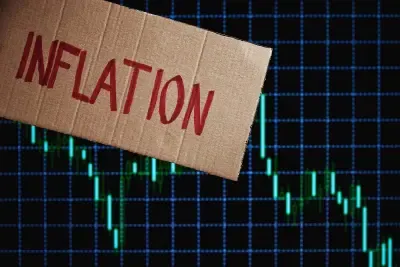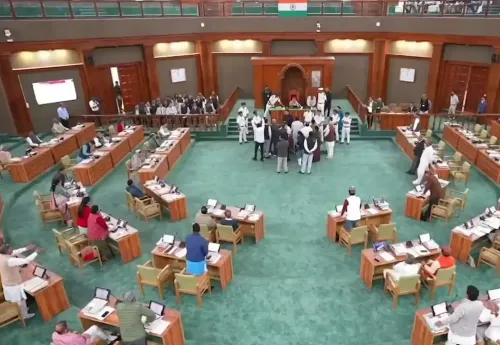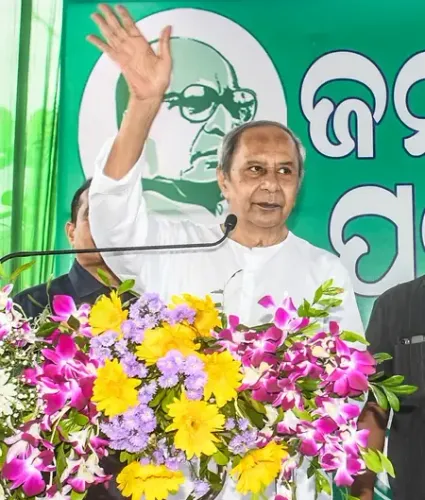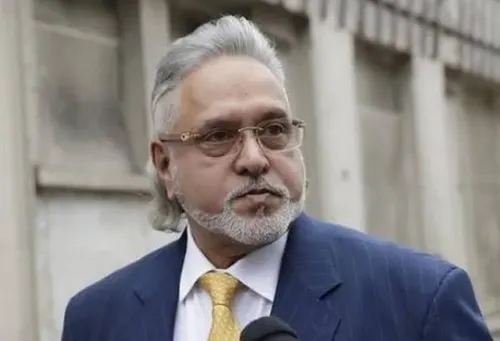Has India’s WPI inflation reached a 13-month low of 0.85 percent?

Synopsis
Key Takeaways
- WPI inflation in India has dropped to 0.85%, the lowest in 13 months.
- Significant declines in food and fuel prices have contributed to this decrease.
- Retail inflation has also eased, providing relief to households.
- The RBI maintains a supportive monetary policy amidst declining inflation.
- Positive outlook on food production bodes well for future inflationary trends.
New Delhi, May 14 (NationPress) The annual inflation rate in India, measured by the Wholesale Price Index (WPI), has dropped to a remarkable 13-month low of 0.85 percent for April, a significant decrease from 2.05 percent in March and 2.38 percent in February, as reported by the Ministry of Commerce and Industry on Wednesday.
For April, the WPI showed a month-over-month decline of (-) 0.19 percent compared to March, indicating a clear downward trend in inflation.
The reduction in food prices and a notable double-digit drop in fuel costs from the previous month have contributed to this overall negative month-on-month inflation rate.
In addition, the retail inflation rate has also decreased, moving from 3.34 percent in March to 3.16 percent in April, marking the lowest level since July 2019. This decline is attributed to easing food prices, providing relief to household finances, according to statistics released by the Ministry of Statistics on Tuesday.
Food inflation, which makes up nearly half of the Consumer Price Index (CPI) basket, fell to 1.78 percent in April from 2.69 percent in March.
This marks the third consecutive month of inflation rates remaining below the RBI’s medium-term target of 4 percent, allowing the central bank to maintain its accommodative monetary policy to foster economic growth.
The nation has seen a consistent decline in retail inflation recently.
The Reserve Bank’s Monetary Policy Committee has adjusted its inflation forecast for 2025-26 to 4 percent, down from 4.2 percent, with RBI Governor Sanjay Malhotra indicating a decisively positive outlook for food inflation during the recent policy review.
Concerns regarding Rabi crop uncertainties have diminished significantly, with second advance estimates suggesting record wheat production and increased output of critical pulses compared to last year. Coupled with strong Kharif arrivals, this scenario is expected to pave the way for a lasting reduction in food inflation.
The drastic fall in inflation expectations, as indicated in the latest RBI survey for both three months and one year ahead, will further stabilize inflation expectations moving forward.









